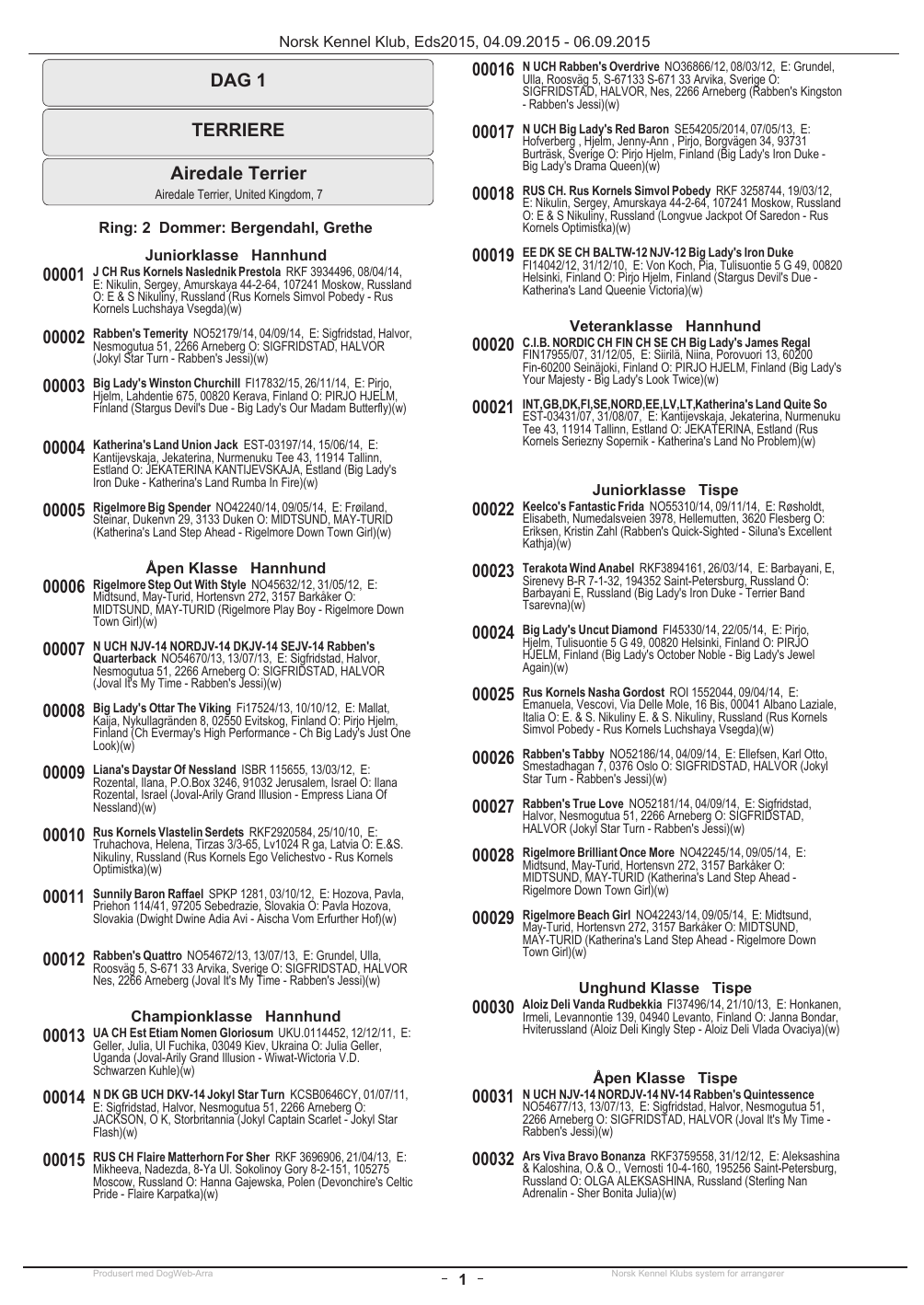

- #SAX AND DOTTY SYSTEM REQUIREMENTS HOW TO#
- #SAX AND DOTTY SYSTEM REQUIREMENTS UPDATE#
- #SAX AND DOTTY SYSTEM REQUIREMENTS DRIVER#
- #SAX AND DOTTY SYSTEM REQUIREMENTS SOFTWARE#
- #SAX AND DOTTY SYSTEM REQUIREMENTS CODE#
Test Your Software Testing Skills By Taking Our JMeter Practice Tests On This Linkīecome Vskills Certified JMeter Tester.

The other required jars (such as commons-logging) are already included with J Meter. by storing it in the lib/ directory.Īlternatively, add the jar ActiveMQ-core-5.3.2.jar to the classpath this requires the javax/management/j2ee classes which can be found in the Apache Geronimo jar geronimo-j2ee-management_1.0_spec-1.0.jar. You will need to add the jar activemq-all-5.3.2.jar to your classpath, e.g. Libraries for ActiveMQ JMSĪt the time of writing, the current version of ActiveMQ is 5.3.2. There may also be some information on the JMeter Wiki. Please refer to their documentation for details. JMeter now includes the JMS API from Apache Geronimo, so you just need to add the appropriate JMS Client implementation jar(s) from the JMS provider. Make sure the file is a jar file, not a zip.
#SAX AND DOTTY SYSTEM REQUIREMENTS DRIVER#
You will need to add your database vendor’s JDBC driver to the classpath if you want to do JDBC testing.
#SAX AND DOTTY SYSTEM REQUIREMENTS UPDATE#
To do so, include the classes for the third-party parser in J Meter’s classpath, and update the JMeter.properties file with the full class name of the parser implementation. You have the option of telling J Meter to use a different XML parser. J Meter comes with Apache’s Xerces XML parser. If you want to build the J Meter source or develop J Meter plugins, then you will need a fully compliant JDK 6 or higher.

If you plan on doing JMeter development, then you will need one or more optional packages listed below. Even if your OS is not listed on the wiki page, J Meter should run on it provided that the JVM is compliant.Operating systems tested with it can be view on this page on J Meter wiki.JMeter is a 100% Java application and should run correctly on any system that has a compliant Java implementation.Because it uses only standard Java APIs, please do not file bug reports if your JRE fails to run JMeter because of JRE implementation issues. JMeter requires a fully compliant JVM 6 or higher. It displays documentation for parsing XML, iterators, XPath, looping, creating XML, writing to file, converting to and from string, as well as transforming with XSLT.JMeter Requirements- JMeter requires your computing environment meets some minimum requirements.
#SAX AND DOTTY SYSTEM REQUIREMENTS HOW TO#
For more information on how to use this Java library, you can visit the developer's homepage. jar file that comprises the dom4j library, it's possible to download the Java documentation and sources, which are two distinct files wrapped in. Support for the XML Schema Data Type can also be put in motion using the Multi Schema Validator library of Kohsuke Kawaguchi. Versatile plug-and-play implementation is ensured due to the Java interface. Furthermore, because the mode of processing is based on events, dom4j features support for very big documents and XML streams. Thanks to XPath integration, the tool allows you to seamlessly manage XML documents.
Wrapped in a lightweight package, the library offers full support for JAXP, DOM, SAX, XSLT, TrAX and Java Collections Framework, such as Java 2 Collections.
#SAX AND DOTTY SYSTEM REQUIREMENTS CODE#
Dedicated to software developers who prefer working with the Java Runtime Environment and Java Development Kit, dom4j is a flexible and open-source XML framework for Java that gives you the possibility to process XML code that has was implemented into software projects with XPath.


 0 kommentar(er)
0 kommentar(er)
